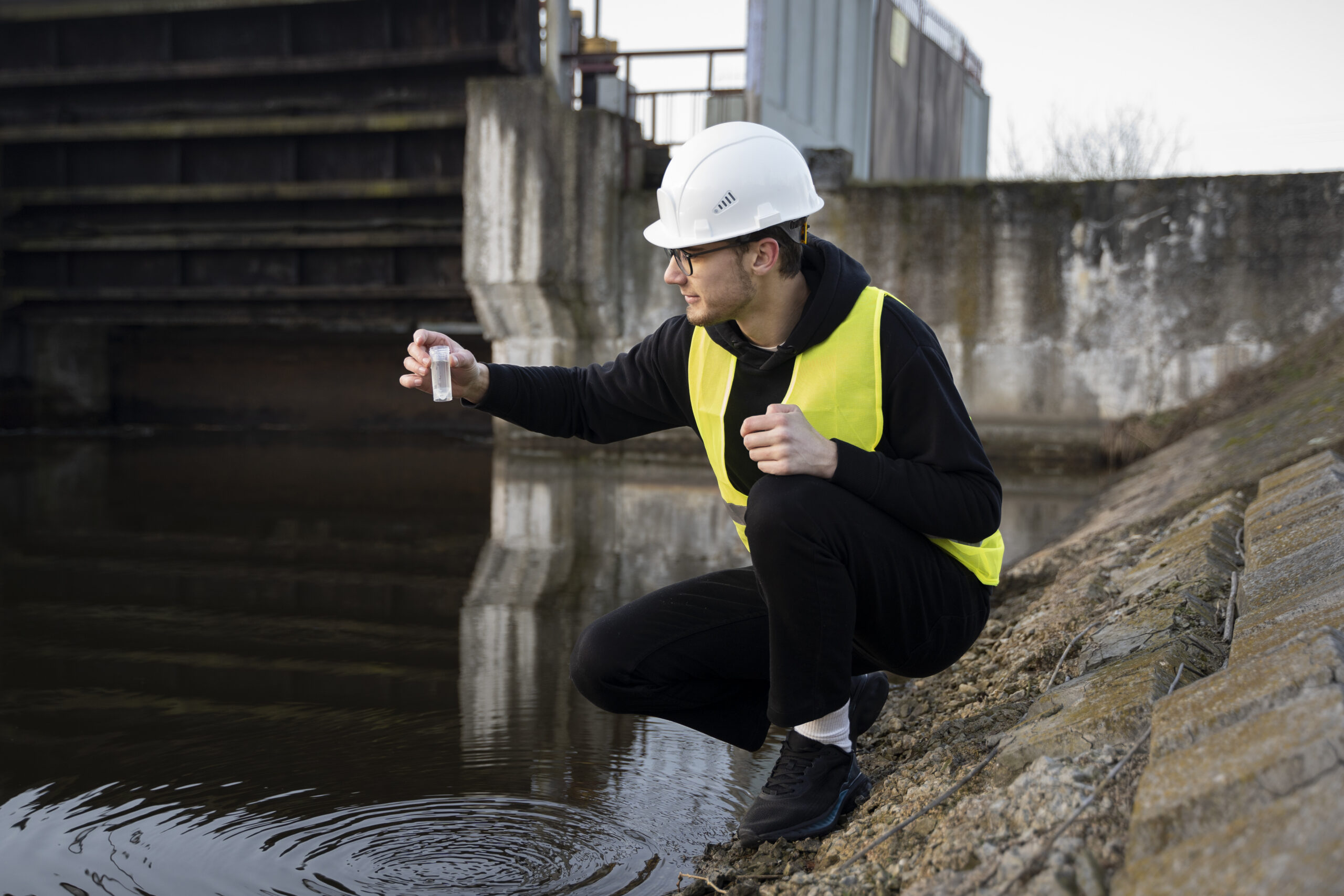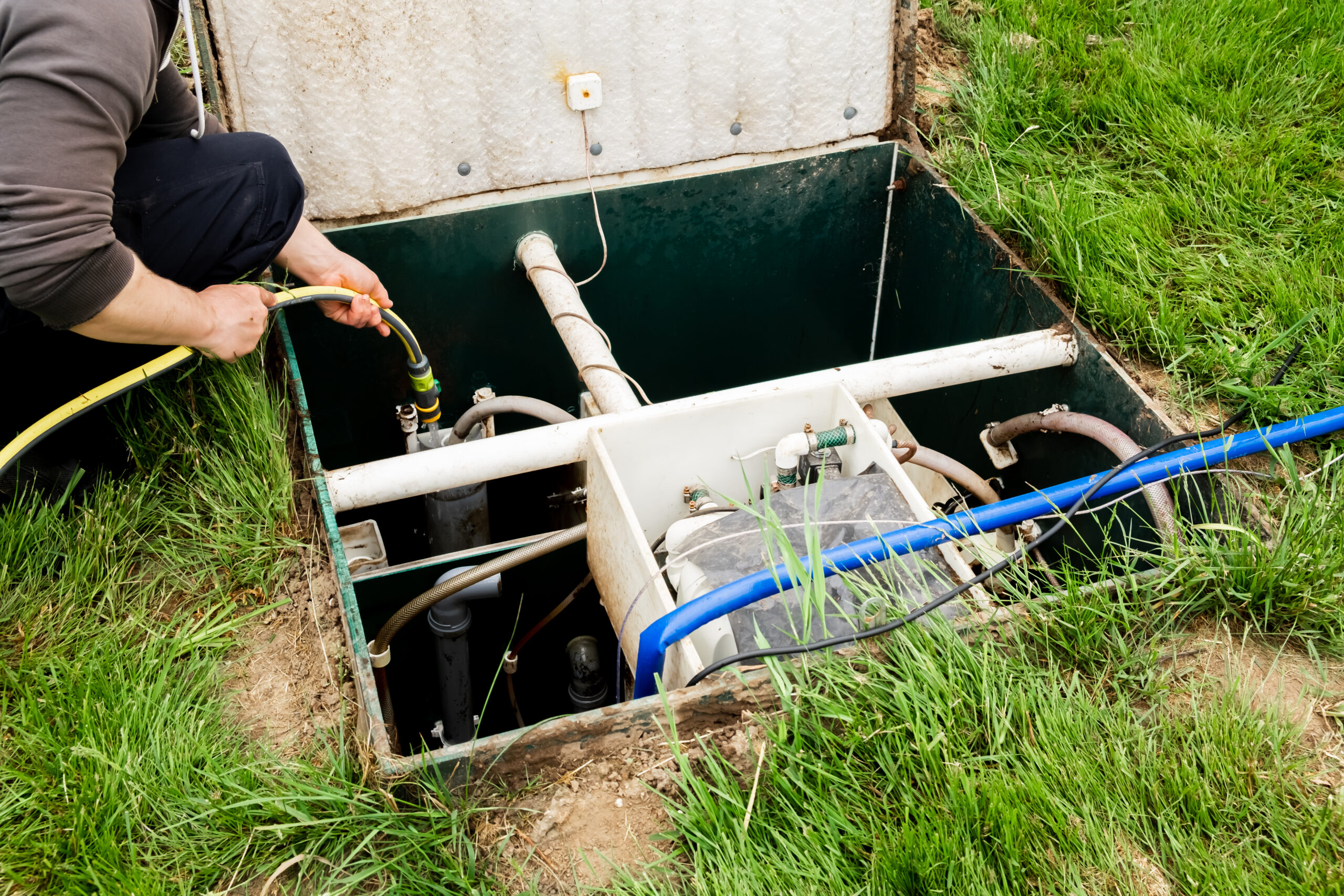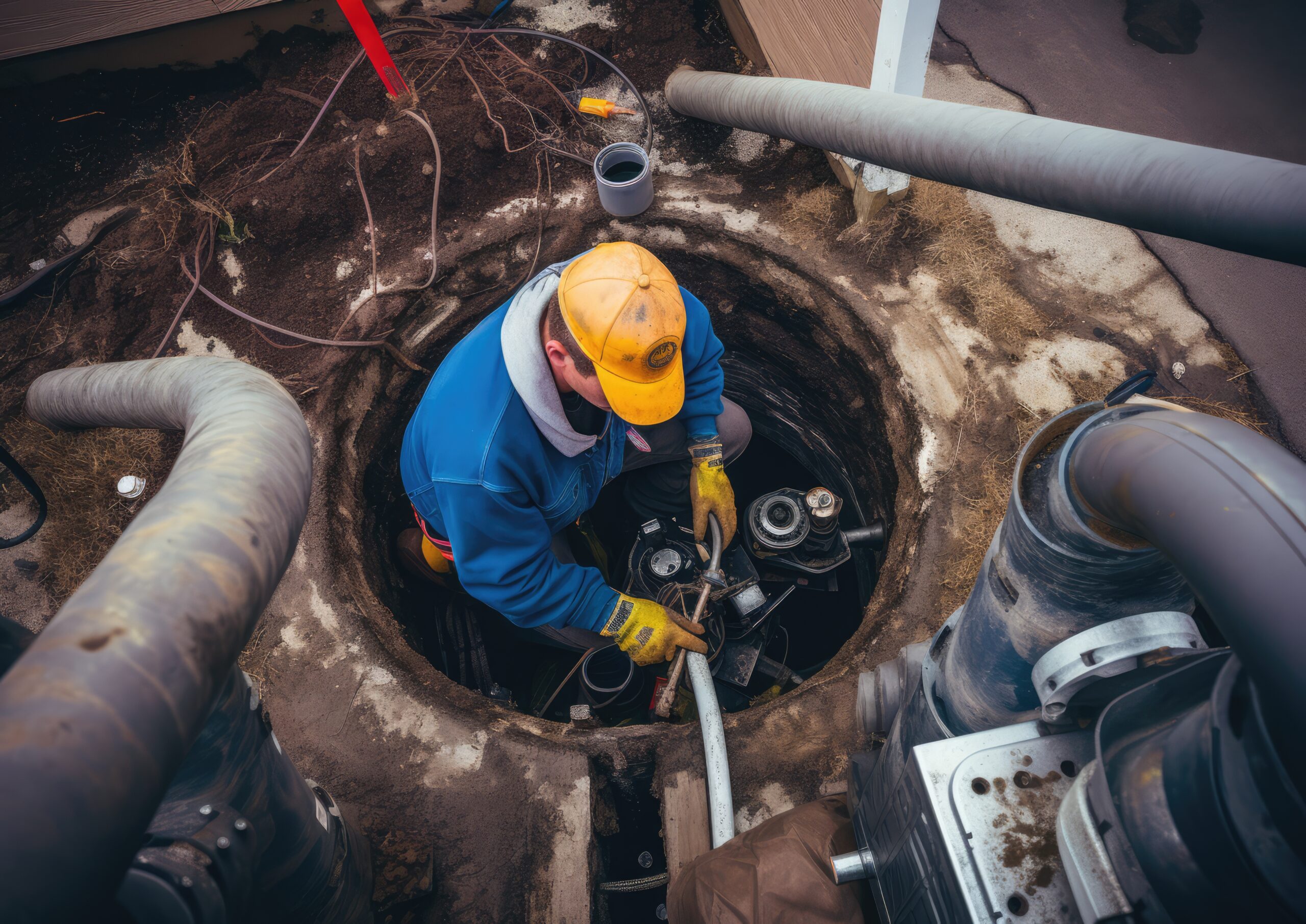When it comes to real estate transactions involving properties with septic systems, septic inspections play a crucial role. Whether you’re buying or selling a home, understanding the importance of septic system inspections can save you from costly surprises and ensure a smooth transaction. In this article, we’ll dive into the world of septic tank inspections and why they’re essential for both homebuyers and sellers.
Why Are Septic Inspections So Important?
Septic inspections are more than just a checkbox on your home buying or selling to-do list. They’re a vital step in protecting your investment and ensuring the safety of your living environment. Here’s why:
1. Protecting Your Health and the Environment
A properly functioning septic system is crucial for maintaining a healthy living space. When septic systems fail, they can release harmful bacteria and contaminants into the surrounding soil and groundwater. Regular septic tank inspections help identify potential issues before they become major health hazards.
2. Preserving Your Property Value
The condition of a septic system can significantly impact a property’s value. A well-maintained system can be a selling point, while a failing one can be a deal-breaker. For sellers, a clean bill of health for the septic system can make the property more attractive to potential buyers. For buyers, knowing the state of the septic system helps them to make an informed decision and avoid unexpected repair costs down the line.
3. Complying with Legal Requirements
In many areas, septic inspections are not just recommended – they’re required by law. Some states and municipalities mandate septic system inspections before a property can be sold. Being aware of these requirements can help you avoid legal headaches and ensure a smooth transaction.
What Does a Septic Inspection Involve?
When you schedule a septic inspection, you might be wondering what exactly the process entails. Let’s break it down:
- Visual Inspection
The first step in a septic tank system inspection is a simple visual check. During this, the inspector will take a close look at the area around the septic tank and drain field, searching for any signs of issues like wet spots or unpleasant odors. They’ll also examine the tank itself, checking for visible cracks or damage, and take a look at the baffles and lids to see if there’s any wear or corrosion that could be a concern.
- Functional Testing
After the visual inspection, the inspector will move on to functional testing to make sure everything is running smoothly. This involves simple tests like flushing toilets and running water to see if the drainage is working properly. They’ll also measure the sludge and scum layers in the tank to check if it’s time for a pumping. Finally, they’ll check for any backflow from the absorption field, which could signal a bigger issue.
- Full System Evaluation
To get a complete picture of your septic system’s condition, the inspector might suggest a full system evaluation. This more in-depth process can include pumping the tank to inspect the interior, using cameras to look for any root intrusion or pipe damage, and performing a dye test to detect any leaks in the drain field. These extra steps help ensure your system is in top shape and can catch any potential issues before they become serious problems.
Septic Inspection Costs: What to Expect
The cost of a septic inspection can vary depending on the extent of the inspection and your location. Generally, you can expect to pay between $300 and $600 for a thorough septic system inspection. While this might seem like a significant expense, it’s a small price to pay compared to the potential costs of septic system failure or repairs.
Tips for Homebuyers: Make Septic Inspections a Priority
If you’re looking to buy a home with a septic system, it’s essential to make septic inspections a priority. Always include a septic inspection contingency in your offer to protect yourself from future surprises. It’s also a good idea to be present during the inspection so you can ask questions and learn more about how the system works.
Additionally, don’t forget to request the maintenance records from the seller—this will give you valuable insight into how well the system has been cared for over the years.
Advice for Sellers: Prepare Your Septic System for Inspection
For sellers, a bit of preparation can help ensure a smooth septic tank inspection process. Start by locating your septic tank and making sure it is easily accessible to the inspector. It’s also a good idea to gather your maintenance records to show potential buyers that the system has been well maintained.
Lastly, consider having the tank pumped before the inspection to allow for a more thorough evaluation, which can give buyers added peace of mind.
Conclusion: The Value of Septic System Inspections
Whether you’re buying or selling a home, septic inspections are an invaluable tool in understanding the state of this crucial home system. By prioritizing septic tank inspections, you’re not just protecting your investment – you’re ensuring the health and safety of your living environment for years to come.
Remember, when it comes to septic systems, an ounce of prevention is worth a pound of cure. Don’t skip the septic inspection – it’s an essential step in any real estate transaction involving a property with a septic system.




